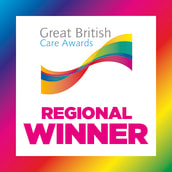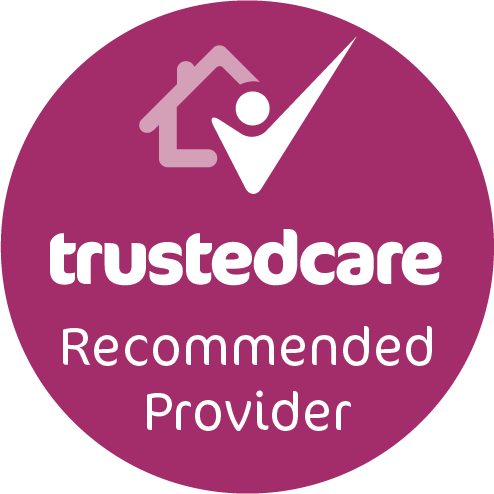There is no doubt that having a fall is something that terrifies older and vulnerable people and their families immensely. Even relatively minor falls can damage the confidence of elderly and frail individuals, and of course if the fall is more serious, it can lead to emergency hospital admission, operation(s), lengthy rehabilitation and for some people shorten their life.
Even if an older person is admitted into hospital for something other than a fall, their risk of sustaining a fall post-discharge due to muscle ageing is significant, with NHS England saying in June 2018:
“Many older people, particularly those who are frail and may have dementia, actually deteriorate while in hospital – a stay of more than 10 days leads to 10 years’ muscle ageing for people most at risk.”
For all of these reasons and many more guarding against falls is vital, but families often struggle to modify the person’s home to help them to avoid falls, are unable to provide the one-to-one support that can help to prevent falls, and may have little input from professionals until the person’s had a fall.
How do I reduce the risk of falls in the home?
At ENA Care Group we believe that preventing a fall is always preferable to reacting after a fall, and there are lots of things you can change in a person’s home to help them to avoid falling, including:
- Thinking about the way the person navigates around their home. Walk around the person’s home as they would normally navigate it noting down anything that could potentially cause a fall, from steps to uneven floors, and think about what the person might grab onto if they started to fall. You may need to install grab rails around the home, including in the bathroom, and remember that showers/baths should always be equipped with non-slip mats.
- Removing trip hazards. Common trip hazards include floor mats, fraying carpets and trailing wires, as well as items left on floors. Assess the wear and tear of floor coverings in the most commonly used areas such as stairs and pathways through to rooms like the kitchen and bathroom, and replace if they are worn and/or dangerous.
- Cleaning up slip hazards promptly. Any liquids or foods that are dropped on the floor can potentially lead to a person slipping and falling. It is therefore vital that anything wet or slippery is cleaned up promptly.
- Ensuring there is adequate lighting. This is important throughout the home, but particularly in dark areas or at nighttime if the person gets out of bed. Consider installing lighting triggered by movement to avoid the need to get to a switch before a light comes on.
- Utilising assistive technology. There are lots of products on the market, including movement sensor pads beside a person’s bed, that could be helpful.
Avoiding falls with the help of a live-in carer
Our live-in carers are adept at both risk-assessing the person’s home, as well as taking into account how any conditions that they are living with such as dementia, Parkinson’s, multiple sclerosis, cerebral palsy or a spinal injury may increase the person’s risk of falling. For example, a person with dementia may struggle with their perception of their environment, resulting in the person trying to step over something that they are uncertain about or trying to step around it (making a fall more likely), while a person with Parkinson’s is at greater risk of falling if they are experiencing balance problems.
Having an ENA live-in home carer means that the person will have a hand or arm to hold if they are unsteady on their feet, and help at night should they need this. We also support our clients to choose clothing that isn’t a trip hazard and footwear that fits properly and isn’t worn, as well as helping the person to attend regular sight and hearing tests (hearing problems can cause issues with balance) and foot health appointments with a podiatrist or chiropodist. We would also take extra care if a person is taking a medication that is likely to make them drowsy or the person is fatigued due to an infection or sleeping problems, and support the person to see their GP if they are experiencing painful hip or knee joints.
If you or your relative has already had a fall, engaging a live-in carer can help to rebuild confidence and independence after falling, and may mean the difference between the person being able to continue living at home or moving into a care home.
Find out more about how ENA Care Group could support you or your family by calling 08004 334 413 or emailing care@ena.co.uk.
















